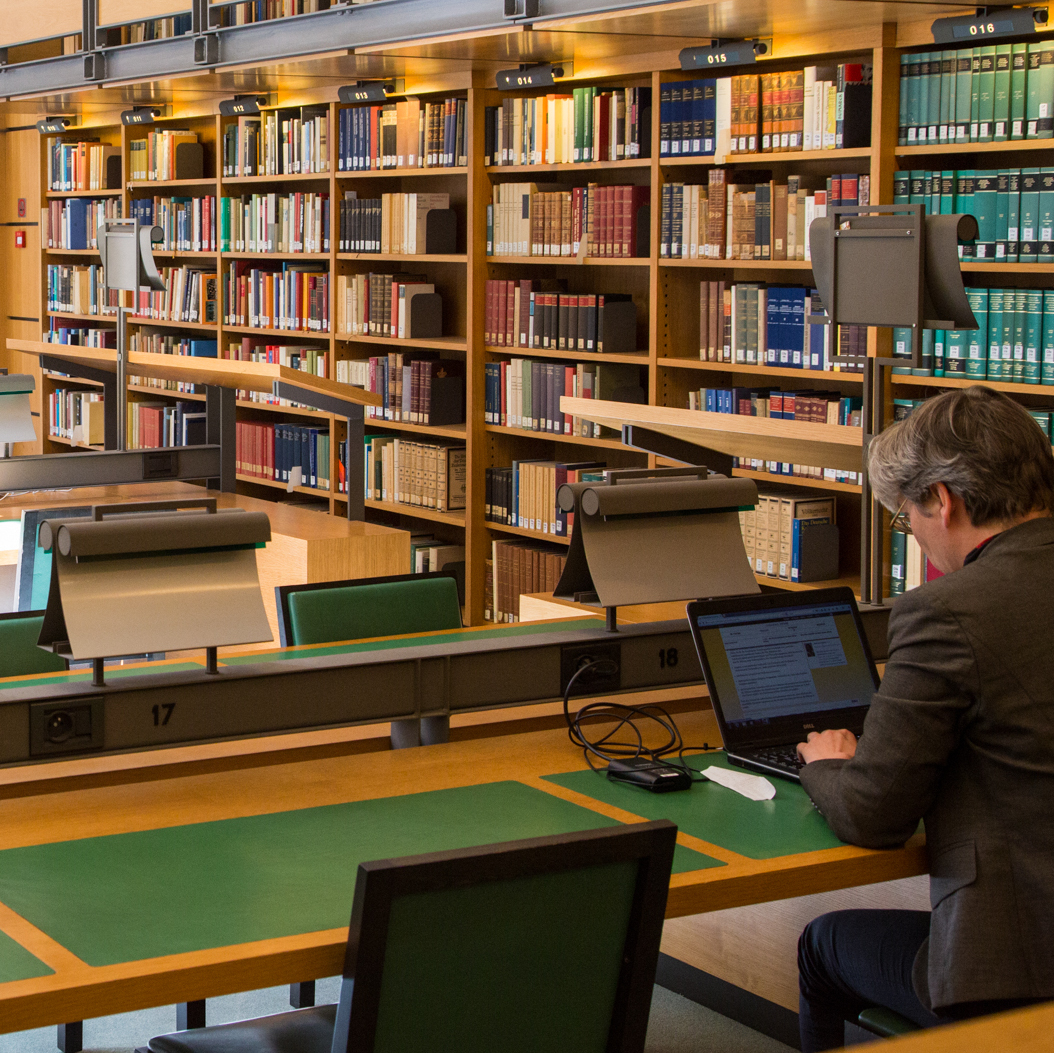The Max Weber Foundation and its Institutes: Humanities around the Globe
Who we are
The Max Weber Foundation is one of the leading agencies supporting German research in the humanities and social sciences abroad. Around the world it finances eleven scientifically autonomous institutes, which provide a bridge function between the host nations and Germany and which play an important role in the international science scene. Being a multi-polar network, the institutes collaborate in the promotion of the internationalisation of science.
Our history reaches back to the year 1888 when the "Preußische Historische Station in Rom", today known as DHI Rome, was established. The DHI Paris, the OI Beirut, the DHI London, the DHI Washington, the DIJ Tokyo and the DHI Warsaw were founded one after another after WWII. In 2002 these were combined in a foundation which then continued opening further institutes: the DHI Moscow, the DFK Paris, the OI Istanbul and the MWF Delhi. From the 1st July 2012, the Foundation was named after Max Weber, who exemplifies in the Scientific Community around the world an approach reaching beyond cultures and eras as well as the limitations of subject areas and disciplines.
The institutes each have their own research focus, every one of which is essentially influenced by its director and its staff and which includes scientific long-term projects. For their leadership, the Max Weber Foundation nominates established scientists, normally professors from German universities, for limited periods. The institutes closely collaborate with their scientific advisory councils, which consult the leadership, the scientists at the institutes and the Foundation Board of the Max Weber Foundation. The decision-making body is the foundation board, comprising the president, eight other nominated scientists and two representatives of the Federal Republic of Germany.
What we regard as important
Research and scientific exchange
Fundamental research, time-limited project research and individual research are carried out at our institutes. With the focus on the humanities and social sciences, our institutes offer scientists many opportunities to develop their own questions in an international and interdisciplinary environment and to carry out their own research. The institutes carry out their research in close and intensive exchange with the scientific cultures of their host countries; they act as an intermediary between the German research environment and the foreign country and at the same time they perform there a representative function. Being exchange forums outside the university system and intended for the long-term for international science, our institutes enable research to be carried out which is not possible within Germany. They open up access to local sources and data collections and help to make these more accessible and to secure them for trans-border research.
Young researchers
We regard the support of young researchers as very important. The Max Weber Foundation offers a wide spectrum of support options. In addition to fixed-term and unlimited employment, it offers a range of grant programmes, work experience as well as forms of scientific exchange such as summer schools and seminars. Over 300 undergraduate students, PhD students and post-docs benefit from the unique facilities at our sites every year. Spending time at an institute abroad offers young scientists special qualifications for their careers, both in the world of academia and outside of research activities.
Research infrastructure
The scientists working at our institutes and many foreign and German visitors find excellent conditions for their research there. Besides administrative and legal support, this particularly includes the especially well-equipped workplaces and institute libraries, which provide source material and international specialist literature. The institutes play an important role in international research communication by organising meetings, workshops and seminars. For the publication of their research, the institutes publish their own magazines and book series, and increasingly they publish their research online. To do this, the publication platform perspectivia.net has been provided by the Foundation. The presence in social media and integration in various disciplinary and institutional networks give the research activities within the Foundation wide accessibility and publicity. As a publicly financed research institution, we are obliged to observe the principles of open access.
A future built on traditions
The Max Weber Foundation intends to strengthen the special role of its institutes for international research in the following areas in particular:
- Support and execution of innovative (fundamental) research;
- Exchange and development of new methodological inquiries;
- Digitalisation of sources and data stores for the humanities and the development of methods for their interpretation;
- Networking of the different science cultures;
- Involvement in globalisation initiatives for international research.
Quality Assessment
You can find an overview of our contact persons here.
